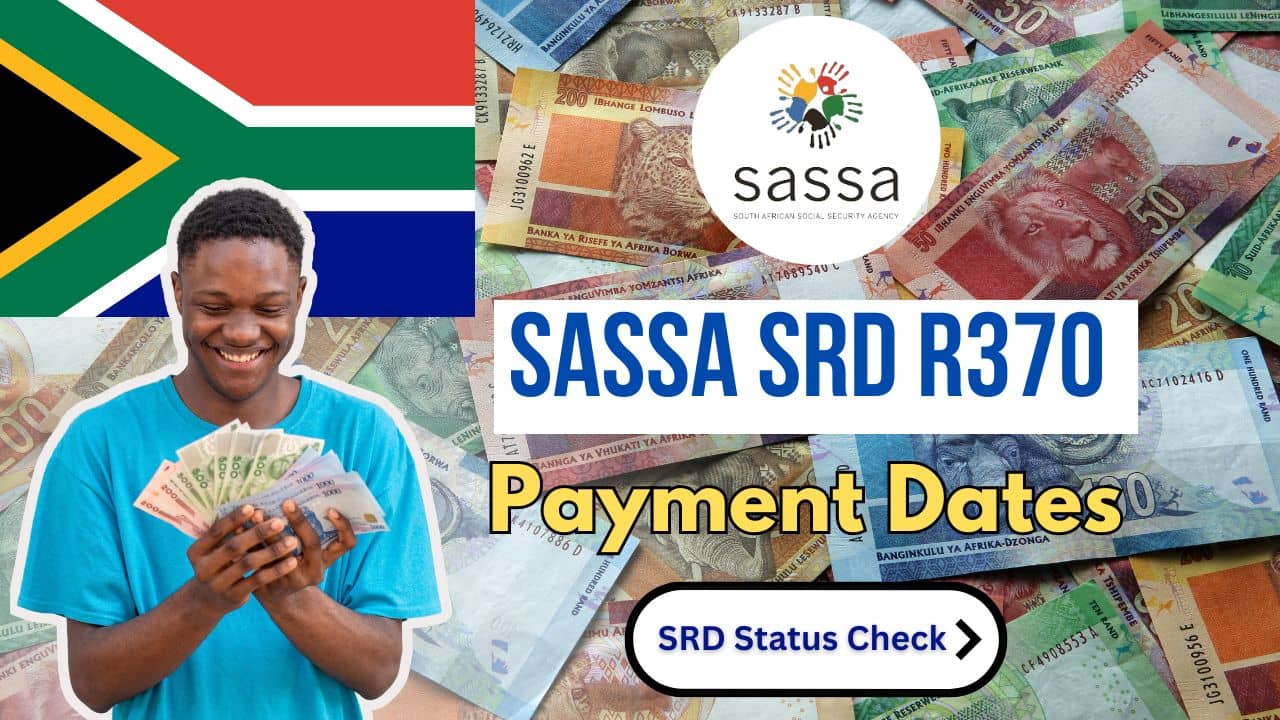The South African Social Security Agency (SASSA) offers the Care Dependency Grant to support families caring for children with severe disabilities or long-term illnesses. This grant provides a monthly payment of R2190 for eligible families to help cover the extra costs of care these children need.
To qualify, applicants must meet specific eligibility criteria set by SASSA. This program aims to reduce the financial strain on families so they can focus on providing specialized care for their children. The SASSA Care Dependency Grant has become a vital resource for many families in South Africa, helping them ensure their children’s well-being.
SASSA Care Dependency Grant
The Care Dependency Grant is an important program by the South African government to support parents, foster parents, guardians, and primary caregivers of children with severe physical or mental disabilities. These children often need full-time care, leading to higher living costs. This grant helps ease the financial strain on families by providing essential support.
Managed under the Social Assistance Act, the South African Social Security Agency (SASSA) oversees this grant, which supports children with disabilities from birth until 18 years of age. Eligible families receive monthly financial aid to help cover the costs of care.
Children with severe disabilities often need specialized care, which can be expensive. This grant helps caregivers provide for these children’s basic needs, such as medical care, food, and other essentials. Through this financial support, the government aims to help caregivers give these children the quality care they need.
SASSA Care Dependency Grant: Monthly Amount and Benefits
The SASSA Care Dependency Grant supports families caring for children with severe disabilities. Earlier this year, the South African government raised social grant amounts to help with the rising cost of living. These changes took effect on April 1, 2024, benefiting all grant recipients, including those receiving the Care Dependency Grant.
Currently, the grant amount is R2180 per month, up from R2090 in April 2024. Another small increase has been approved, raising the grant to R2190 starting in October 2024. This increase offers more support to families handling the high costs of specialized care.
The grant is usually processed between the 5th and 7th of each month. SASSA advises recipients to check their grant status for the exact payment date, as it can vary by payment method. Once processed, it may take an extra two to three business days for the funds to appear in the recipient’s account. This timing helps families plan their monthly expenses with more certainty.

Required Documents for SASSA Care Dependency Grant Application
If you are a South African citizen who qualifies for the SASSA Care Dependency Grant, you must provide specific documents to apply. These documents confirm your situation and ensure the right people receive support. Here is what you need:
- Medical Report: A report that confirms the child’s disability is necessary.
- Income Proof: Provide recent salary slips, pension slips, or bank statements to show your financial status.
- Marital Status Proof: Show documents proving if you are single, married, divorced, or widowed.
- Identity Document: You need a 13-digit bar-coded ID for yourself or a birth certificate for the child.
- School Report: If the child attends school, include a recent school report, as it may be needed.
If you are a foster parent, not the child’s biological parent, you need additional documents:
- Proof of Responsibility: This can be an affidavit from the police, a report from a social worker, a letter from the school, or an affidavit from the child’s biological parent, showing you as the child’s main caregiver.
- Court Order: Foster parents need a court order confirming the legal care of the child.
- For Refugee Foster Parents: Refugee foster parents must provide their refugee ID and refugee status permit.
These documents help SASSA assess your eligibility for the Care Dependency Grant. Make sure to collect all necessary papers before applying to make the process easier.
Eligibility Requirements for the SASSA Care Dependency Grant
To check if you qualify for the SASSA Care Dependency Grant, go through these criteria. This grant is for South African citizens or permanent residents caring for children with disabilities. Here’s what you need:
Caregiver Eligibility Criteria:
- You must be the child’s primary caregiver, parent, or legally appointed foster parent.
- You must be a South African citizen or a permanent resident.
- For single caregivers, your annual income should be below R223,200.
- For couples, the combined annual income limit is R446,400. Foster parents are not bound by these income limits.
Child’s Eligibility for the Grant:
- The child should be under 18 years old.
- The child must have a severe physical or mental disability needing full-time care and special attention.
- The child must live in South Africa and should not be in a government-run permanent care facility.
These conditions ensure the grant reaches families who need financial help to provide essential care. If you meet these requirements, you may be eligible for monthly support from SASSA to assist with the costs of caring for a child with significant medical needs.
Steps to Apply for the SASSA Care Dependency Grant
If you are a South African citizen planning to apply for the SASSA Care Dependency Grant, here’s a simple step-by-step guide to help you:
- Visit the Nearest SASSA Office: Go to your local SASSA office with all the necessary documents. You need to apply in person, as online applications are not available.
- Request the Care Dependency Grant Application: At the office, ask for the Care Dependency Grant application form. The officer will refer the child for a medical assessment as part of this process.
- Complete the Application Form: After the medical assessment, fill out the application form in front of the SASSA officer. Make sure all details are correct.
- Submit the Form: Hand over the completed form to the officer. You’ll get a receipt with your application number and other details, which you can use to track your application.
- Application Review: SASSA will review your application and inform you if it’s approved or rejected. This process usually takes two to three months, so be ready to wait.
- Track Your Application Status: To check your application’s progress, visit the SASSA website. You’ll need your application number, South African ID number, and mobile number to see the status.
Applying for the Care Dependency Grant can help cover essential costs of full-time care and special needs for your child. If you meet the eligibility criteria, this grant can provide vital support for a better quality of life.
Ways to Receive Your SASSA Care Dependency Grant
When you receive the SASSA Care Dependency Grant, you have different ways to receive the payments. Here’s a quick guide to the available options so you can pick what suits you best:
- Cash Payments at PayPoints: You can collect your grant in cash from designated pay points on specific days. These pay points are set up in various locations, so check with SASSA to find the nearest one and go on the correct date.
- Electronic Deposit to Bank or Postbank Account: You can choose to have your grant deposited directly into your Postbank or bank account. This option is convenient, allowing you to access funds without visiting a pay point. Make sure your bank details are accurate to avoid any payment delays.
- Institution as Grant Administrator: In some cases, a registered institution, like a welfare organization, can manage the grant on your behalf. This means the institution receives the funds and assists in handling them for you.
If you can’t collect the money yourself, SASSA offers ways to authorize someone else. You can give a trusted person a power of attorney to collect the funds or appoint a procurator at the SASSA office to continue receiving the payments on your behalf.
These payment options make it easier for you to access your grant in a way that best fits your needs, ensuring support reaches those who need it most.






